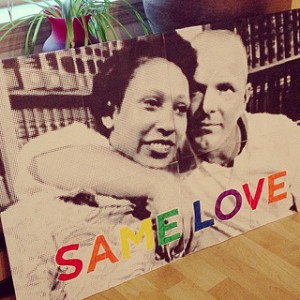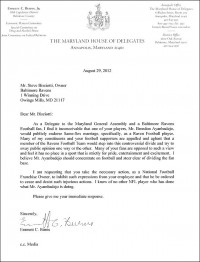
The “traditional family,” many would have us believe, is imperiled by everything from women in the workplace and same-sex couples in the bedroom. What these “traditionalists” fail to name among the various threats is income inequality. As described in research published in the American Sociological Review and discussed on Fortune.com, observed increases in the rate of couples having children before marriage can be explained by changing social landscapes.
It’s no surprise to anyone that the middle-class is shrinking or that finding a job can be a tough gig. Andrew Cherlin, David C. Ribar, and Suzumi Yasutake’s research shows people are more likely to postpone marriage, but not parenting, if they can’t get a job. So, with a distinct shortage of available living-wage jobs and growing income inequality, more and more American families are comprised of unmarried couples with children. As the class system becomes even more polarized, it seems marriage boosters might want to consider a different means to their favored end: reducing inequality.


